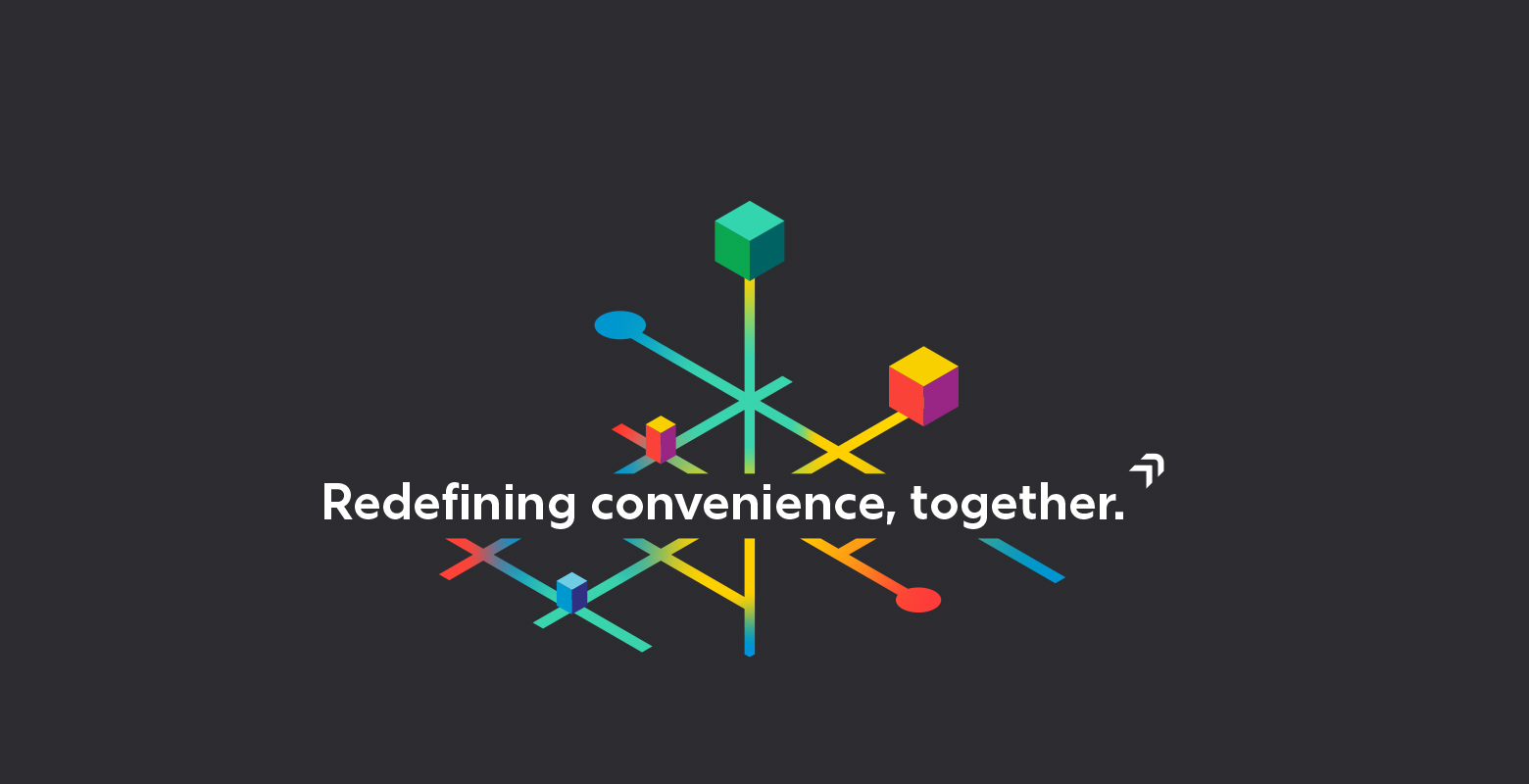Powered by iNFX Learn More
Today, Dan Harrell, Chief Innovation Officer, Invenco, opened Day Two of the 2017 IFSF Conference in Paris (a forum of international petroleum retailers) - discussing the challenges and consequences both suppliers and retailers could face if an open industry standard for OPTs is not developed.
In his address he highlighted the need for the two industry organizations driving standards in the fuel retail space, Conexxus and IFSF to work together and agree one, open standard. He also called the audience to account saying retailers should demand the new standard is followed and industry suppliers should be visible in both supporting and implement the standards.
The following is an executive summary from Dan Harrell of the case he put forward at the IFSF conference:
In the retail petroleum systems provider space, the complexity of EMV, contactless payments, PCI, and other security requirements are driving a significant amount of specialization requiring vendor companies to focus on their core competencies. This focus often means that companies are pruning their product portfolios and prioritizing the product components that they can deliver best, rather than an end to end system. Retailers have also seen that end to end solutions often come with inflated prices, limited flexibility and restricted innovation, as competition is absent and compromised performance may be a result.
This results in solutions which generally have multiple vendor components driving need for complex integrations through the use of APIs or protocols. For a system to deliver its full benefit, the supplier on one or both sides of the protocol must do some work to deliver the intended value of the integration.
For example, to enable outdoor payments, an Outdoor Payment Terminal (OPT) will usually connect to an Electronic Payment Server (EPS) which talks to a Front End Processor (FEP) to manage the routing and settlement of the payment with the payment network. The payment system must also be integrated with the POS and the dispensers, both physically and logically.

Without collaboration within the industry, lack of standardized protocols results in a large number of integration efforts between OPT, EPS, and FEP suppliers where countless resources are expended simply in the effort of getting the various vendor systems to talk to each other. This integration effort resource cost translates into higher industry costs and risk, more quality issues, and less investment in key strategic elements that can drive more revenue for the merchant’s business and improve customer engagement.
For the merchant it inevitably results in delayed rollouts, frustrated customers, procurement challenges and missed functionality all resulting in various costs to the business. These are the elements that are difficult to measure, but certainly result in tangible impacts to the retailer organization. If a standardized interface were available, with common certification, new features could be added faster, at lower cost and require less testing.
Inevitably the retailer pays
I have purposely focused on the high-level costs caused by the inefficiencies of not having standard protocols for devices in the fuel retail industry. These costs manifest themselves in a variety of ways, including the costs of developing the protocols, certifying the various integrations, and the opportunity costs of having to make trade-offs between various component suppliers. Ultimately, these costs become the burden of the retailers who are implementing systems using components from different sources in their efforts to deliver a seamless outdoor payment experience at an affordable cost.
The good news is that these costs are avoidable through collaboration of retailers and suppliers working together to establish a standard and a certification process which drives common implementations between suppliers. This standardized approach significantly decreases the costs to suppliers and retailers alike, but must be driven as an industry initiative across all parties. Instead of investing tens of millions in costs and tens of thousands of resource hours to achieve compatibility between non-standard interfaces, retailers and their suppliers could invest in more lucrative directions for the industry, drive innovation that improves the profitability of businesses, and reduce their costs to the benefit of their customers.
About Invenco
Invenco is a global provider of revolutionary self-service payment technology and secure customer engagement solutions. With a strong presence in the petroleum retail vertical, Invenco’s product lines include G6 and G7 Outdoor Payment Terminals, iNFX retail micro-services (including electronic payment server), cloud services and Invenco Link, a high-speed Ethernet enabling device. In 2018 Invenco introduced i2, the world’s first outdoor EMV as a service, to help US fuel retailers avoid the EMV liability shift without the burden of a large upfront investment. Invenco has deployed over 100,000 EMV payment terminals engaging millions of customers every day. Invenco is headquartered in Auckland, New Zealand and operates offices in the U.S., Canada, Malaysia and the UK. For more information visit www.invenco.com.
